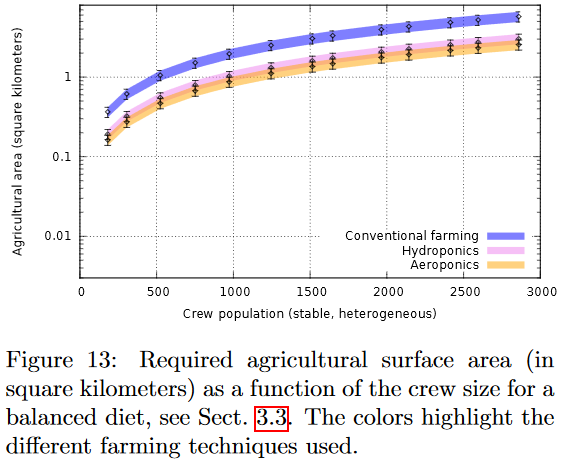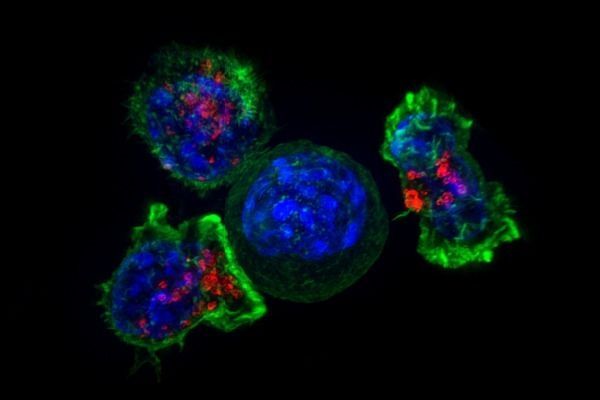By tapping nutrients from bedrock, red alder trees play a key role in healthy forest ecosystems, according to a new study.
The study published today in the journal Proceedings of the National Academy of Sciences.
Researchers from Oregon State University and the U.S. Geological Survey determined red alder, through its symbiotic relationship with nitrogen-fixing bacteria, taps nutrients that are locked in bedrock, such as calcium and phosphorus. This process accelerates rock dissolution, releasing more mineral nutrients that allow plants and trees to grow.








